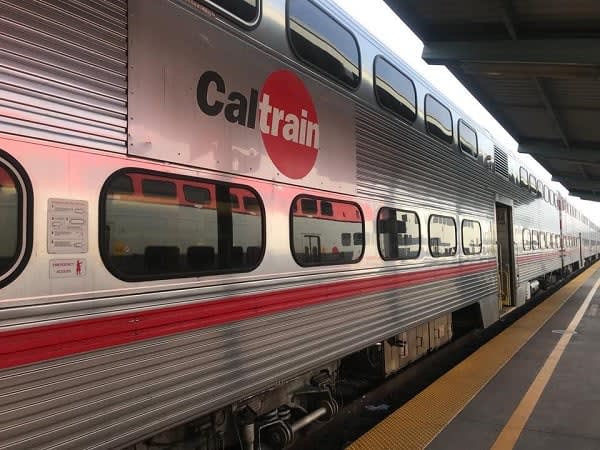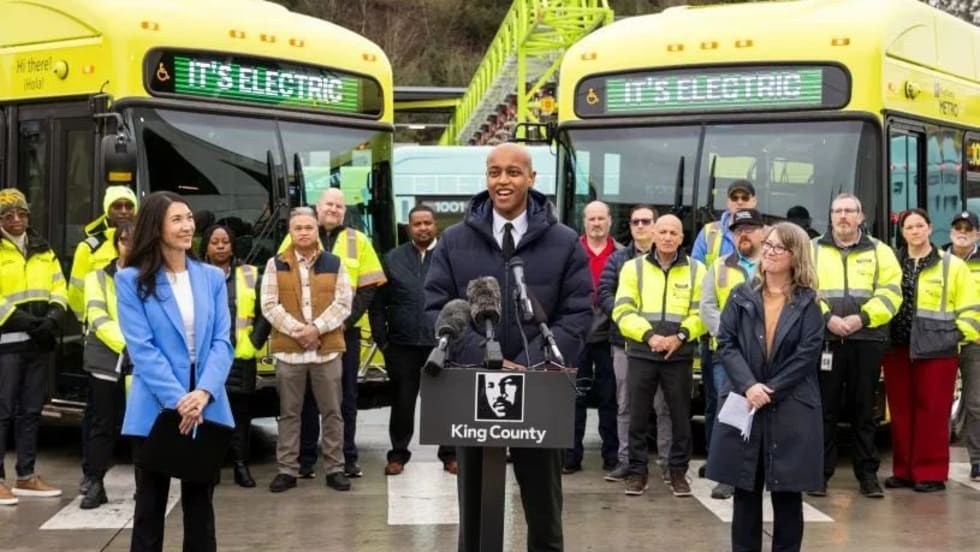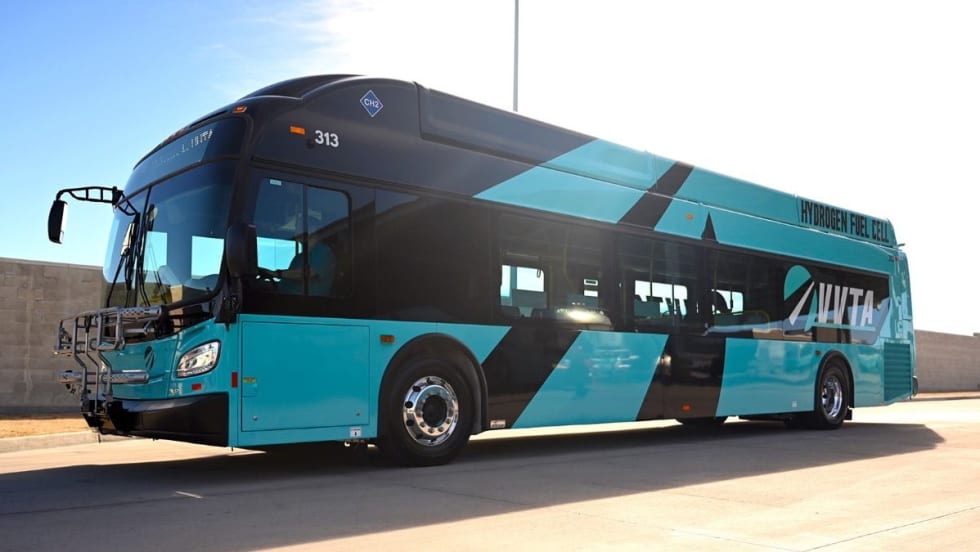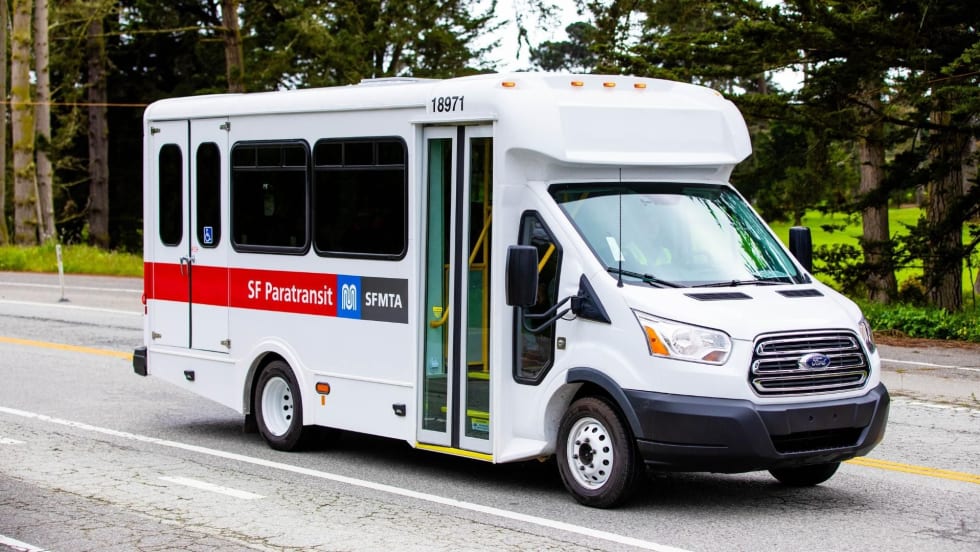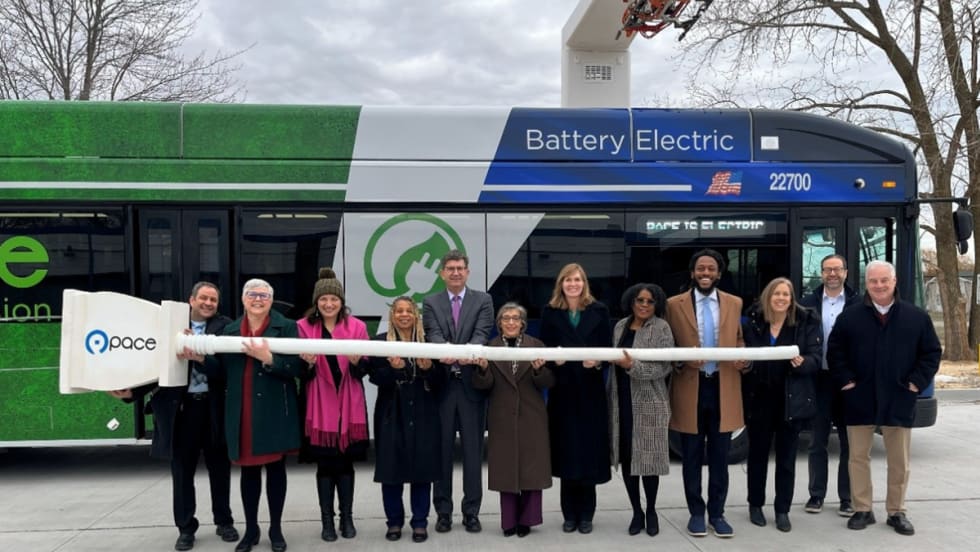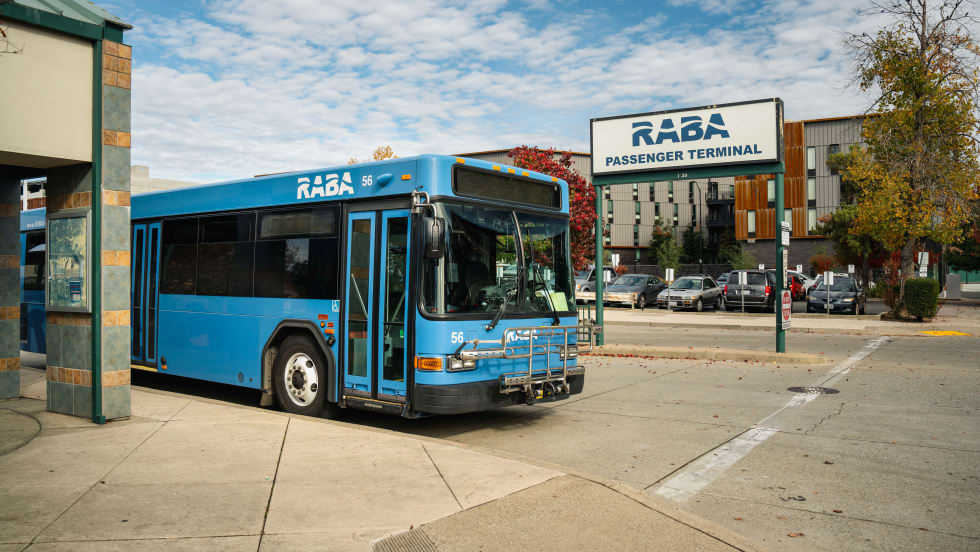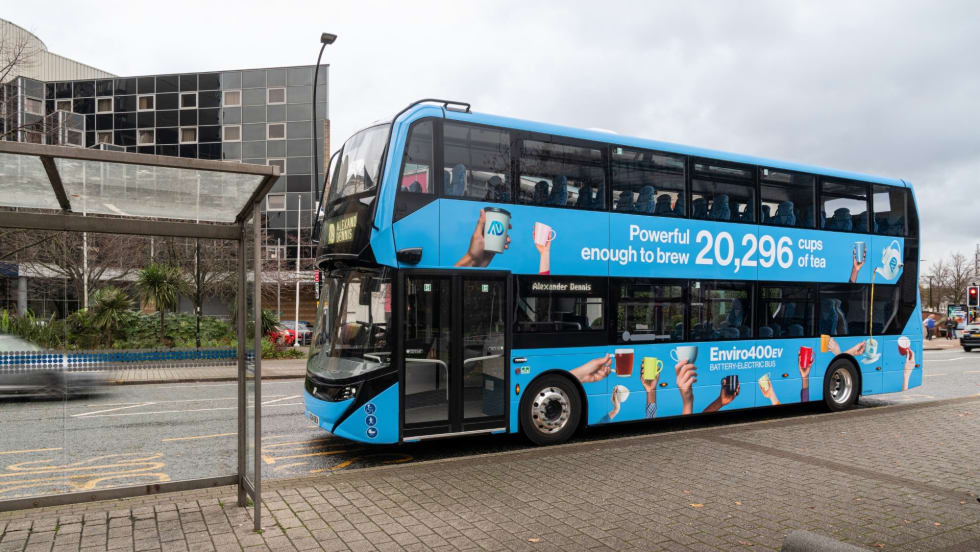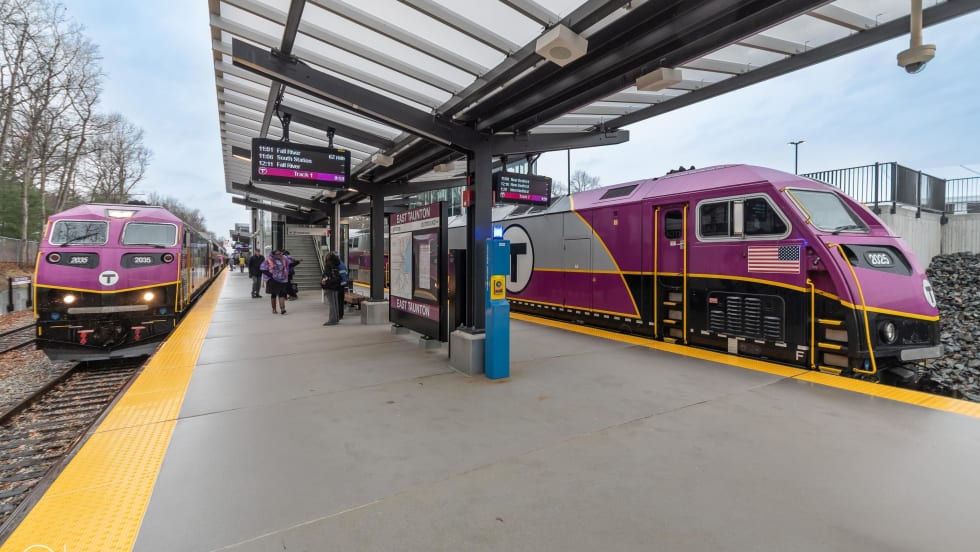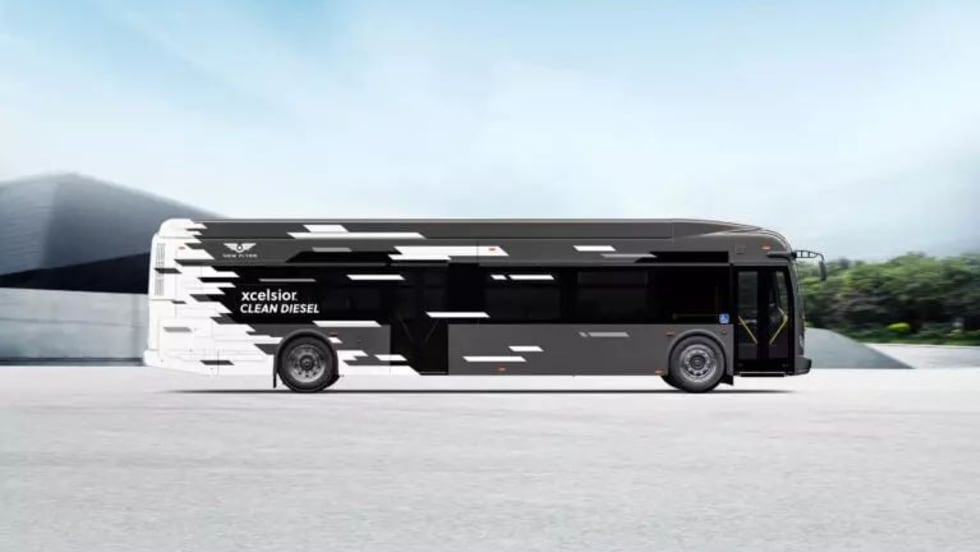Caltrain’s launch of electrified service has been delayed until late 2024, due to a range of factors, including complications in the installation of signal systems, unforeseen conditions under Caltrain’s tracks, and the COVID-19 pandemic, which disrupted supply chains necessary to the project.
The delay was announced at a Joint Powers Board (JPB) meeting on June 3, and is currently being reviewed by the Federal Transit Administration (FTA).
As owner/operator of Caltrain, the Joint Powers Board (JPB) created the Peninsula Corridor Electrification Project (PCEP) to upgrade and electrify Caltrain’s nearly 52-mile doubletrack commuter rail system from San Francisco to San Jose, California.
To date, 75% percent of foundations for the catenary poles are complete, while 60% of the poles have been installed. Currently, all of the 10 traction power facilities are under construction, and the overhead contact system has been installed in all of Caltrain’s four tunnels. Additionally, the first electric trainset has been completed and is currently being tested at the Transportation Technology Center in Pueblo, Colorado.
Based on the progress so far, and design and construction work remaining, the FTA prepared and provided a draft Risk Refresh Report to Caltrain, estimating that the project will need an additional $333 million, increasing the project cost by nearly 16%, from $1.98 billion to $2.3 billion. Of the $333 million in forecasted costs, Caltrain has identified a funding plan for the known and allocated costs of $161 million. The remaining $172 million is in unallocated costs that has been set aside as a reserve for unknown risks. The agency will reportedly be developing a funding plan over the next several months in coordination with the project funding partners.
“These delays are disappointing, because the electrification of Caltrain is desperately needed,” said Caltrain Executive Director Michelle Bouchard. “However, much has already been accomplished, and together with our contractors, funding partners and stakeholders, we will deliver the modern rail service that the Bay Area deserves.”
View additional details about the Caltrain electrification delay.



